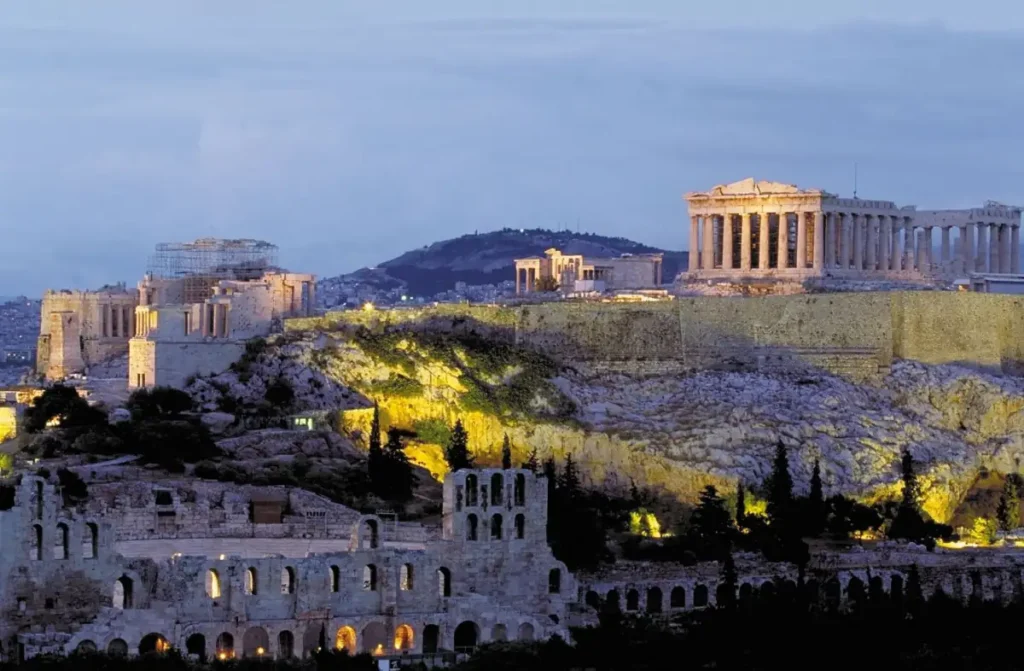
The Mediterranean, a region steeped in rich history and cultural heritage, has been a cradle of ancient civilizations for millennia. This article delves into the depths of time, exploring the remarkable societies that flourished along the Mediterranean shores, from the enigmatic Egyptians to the pioneering Greeks and the mighty Romans.
The Egyptian Civilization: Pioneers of the Nile
Egypt, an ancient civilization that arose around 3100 BCE, is renowned for its monumental architecture and innovations. The Great Pyramids of Giza, a testament to the Egyptians’ architectural prowess, continue to stand as symbols of their advanced engineering skills. Key aspects of Egyptian civilization include their hieroglyphic script, religious beliefs centered around the afterlife, and significant advancements in medicine and mathematics.
Minoan and Mycenaean Cultures: Aegean’s Early Gems
The Aegean Sea bore witness to the rise of the Minoan and Mycenaean cultures, thriving in what is now modern-day Greece. The Minoans, flourishing on Crete from around 2600 to 1400 BCE, are celebrated for their elaborate palaces, such as Knossos, and their contributions to art and trade. The Mycenaeans, dominant between 1600 and 1100 BCE, are recognized for their fortified cities like Mycenae and their influence on Greek mythology.
Ancient Greece: Birthplace of Western Civilization
Ancient Greece, spanning from the 8th century BCE to the fall of the Roman Empire, is pivotal in the annals of history. Greek civilization is celebrated for its seminal contributions to philosophy, democracy, theater, and art. Iconic figures like Socrates, Plato, and Aristotle laid the foundations of Western philosophy. Greek architecture, epitomized by the Parthenon, and mythological tales like those of Hercules and Odysseus, continue to captivate imaginations worldwide.
The Roman Empire: A Colossal Force in History
The Roman Empire, emerging around 27 BCE and lasting until 476 CE, was a formidable force in ancient history. Known for its vast territorial expanse and sophisticated road networks, the Romans excelled in engineering, law, and military tactics. Architectural marvels like the Colosseum and the Pantheon display their engineering prowess. Roman law and governance systems have profoundly influenced modern legal and political frameworks.
Carthaginian Civilization: Masters of Trade and Navigation
Carthage, a powerful city-state in North Africa, flourished from the 9th century BCE to 146 BCE. Renowned for their mastery in trade and navigation, the Carthaginians established extensive trade networks across the Mediterranean. They are also remembered for their epic conflicts with Rome, known as the Punic Wars, which significantly shaped the course of Mediterranean history.
Phoenician Civilization: The Great Seafarers
The Phoenicians, originating from what is now Lebanon, were prominent from around 1500 BCE to 300 BCE. Celebrated as master seafarers and traders, they played a crucial role in spreading the alphabet, which laid the groundwork for modern writing systems. Their city-states, such as Tyre and Sidon, were hubs of commerce and cultural exchange.
The Byzantine Empire: A Blend of Cultures
Emerging from the eastern portion of the Roman Empire, the Byzantine Empire lasted from 330 CE to 1453 CE. Known for its capital, Constantinople (modern-day Istanbul), the empire was a melting pot of Greek, Roman, and Christian influences. The Hagia Sophia, a masterpiece of Byzantine architecture, exemplifies the empire’s artistic and architectural achievements.
The Enduring Legacy of Mediterranean Civilizations
The ancient civilizations of the Mediterranean have left an indelible mark on the world. Their contributions to art, culture, philosophy, and governance continue to influence contemporary society. The legacy of these civilizations, from the Egyptians to the Byzantines, underscores the Mediterranean’s pivotal role in shaping human history.